detail profile abdulhusain abdulredha
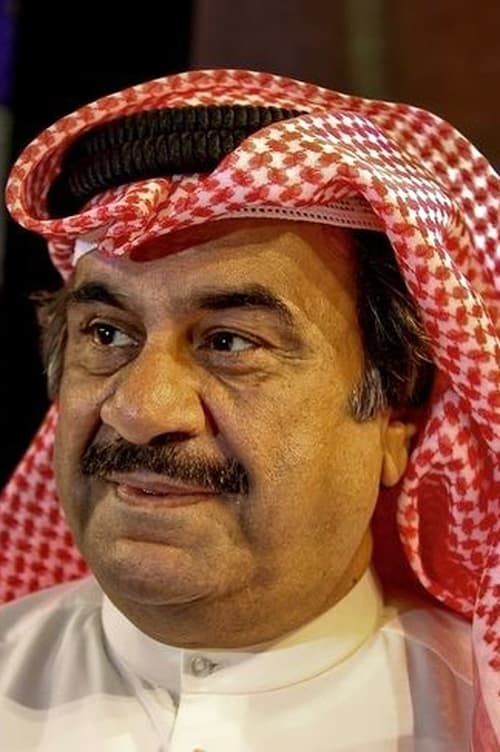
Riwayat Hidup
Abdulhussain Abdulredha (15 July 1939 – 11 August 2017) was a Kuwaiti actor, playwright, and comedian, considered one of the most influential figures in Gulf and Arab entertainment.
Born in Kuwait City, he played a key role in shaping modern Kuwaiti theater and television, with a career spanning over five decades.
Known for his sharp humor and satirical approach, Abdulredha’s work often addressed social and political themes relevant to Kuwaiti and Gulf society.
His 1981 play Bye Bye London is among his most well-known works, offering a comedic take on the cultural experiences of Gulf Arabs abroad.
In addition to his theater productions, Abdulredha appeared in several television series and films, gaining widespread popularity across the Arab world.
His contributions earned him numerous honors and helped establish a foundation for contemporary performing arts in the region.
He passed away in London in 2017.
His legacy remains deeply rooted in Arab pop culture, with his performances continuing to inspire and entertain new generations.
Info Pribadi
Peran Yang Di Mainkan AbdulHusain AbdulRedha
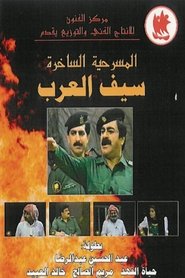 The play deals in a social...
The play deals in a social...The Sword Of The Arabs 1992
The play deals in a social comic framework, the period of the Iraqi invasion of Kuwait in 1990, and what was experienced by Kuwaitis and Iraqis alike during the aggression period, through the social changes that occurred in both societies in that period.
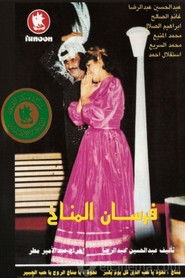 The first Gulf economic play centered...
The first Gulf economic play centered...Al-Manakh Knights 1983
The first Gulf economic play centered on an issue that affected members of Kuwaiti society, which sparked widespread controversy between Kuwaiti society and the Gulf community in general, and the issue was the "Al Manakh Market" crisis in 1982, which ended in losses exceeding $ 22 billion. Where the story tells about the second oil boom of the Gulf states at the end of the seventies and the beginning of the eighties of the twentieth century AD where the price of oil increased continuously until the Gulf countries recorded large financial surpluses, so the money poured into the stock market significantly until it opened a stock trading office in a semi-parallel office and was named a market "Al Manakh" in which money flowed greatly from almost all segments of Kuwaiti society and even foreign residents and some individuals from the Gulf states and increased frantic speculation and increased buying and selling for the future until it reached astronomical numbers.
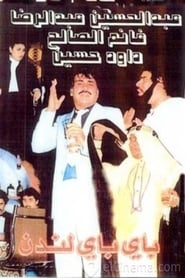 A comedy about an old married...
A comedy about an old married...Bye Bye London 1982
A comedy about an old married man that travels to London with his nephew who does his to save him from exposure to fraud, and being mugged in London, the play also covers some political aspects and projections in addition to social criticism of some of the Arab situations.
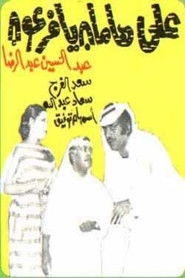 A Kuwaiti comedic romance drama following...
A Kuwaiti comedic romance drama following...Not To Hamman, Pharaoh 1977
A Kuwaiti comedic romance drama following the story of an accountant that fell in love with the daughter of his employer.
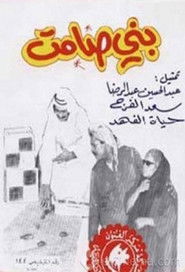 A Kuwaiti play talks about the...
A Kuwaiti play talks about the...Samet Sons 1975
A Kuwaiti play talks about the life of Kuwaitis in the years of poverty experienced by Kuwaitis before the economic boom in the seventies, and discusses work in a comic framework of economic and social problems, including poverty, education, and health, by dealing with the stories of work heroes.
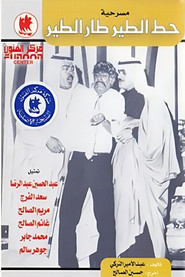 A play that revolves around the...
A play that revolves around the...The bird landed, the bird flew away 1971
A play that revolves around the lives of two parents from two different social classes, namely (Bou Fariala) with his son and daughter, who are from the wealthy class, and (Bou Hilan) with his son (Hilan), who are from the poor class, but they are neighbors and brothers.
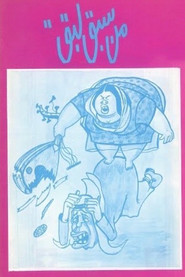 A married man suffers from the...
A married man suffers from the...Early Bird Gets the Worm 1969
A married man suffers from the tyranny and tyranny of his wife's mother and its great influence on her, so he tries in various ways to urge his wife to form her independent personality, and get rid of her mother's influence, which may negatively affect their relationship.
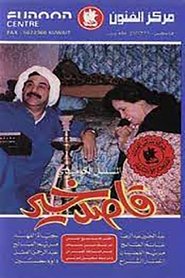
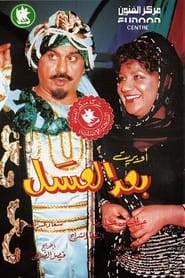
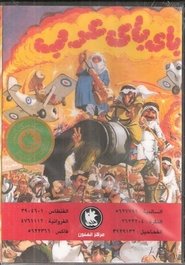 A dark Kuwaiti comedy that follows...
A dark Kuwaiti comedy that follows...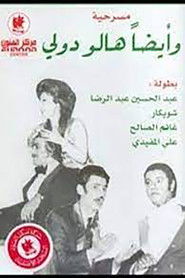 Egyptian socialite Dalal is determined to...
Egyptian socialite Dalal is determined to...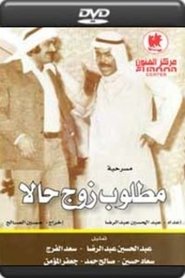 Husband Needed Immediately to married a...
Husband Needed Immediately to married a... Radi The Judge
Radi The Judge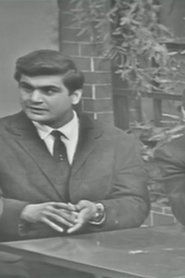 The events revolve around a man...
The events revolve around a man...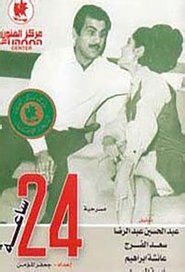 The events revolve around a man...
The events revolve around a man...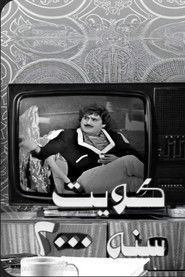 Kuwait in 2000 is a Kuwaiti comedy...
Kuwait in 2000 is a Kuwaiti comedy...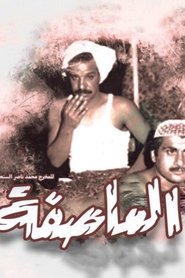 The Kuwaiti short film The Storm...
The Kuwaiti short film The Storm...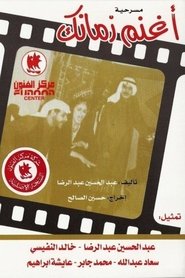 In Seize Your Day a greedy...
In Seize Your Day a greedy...